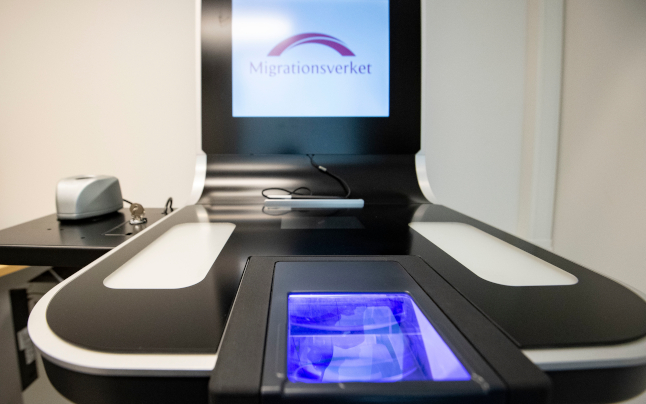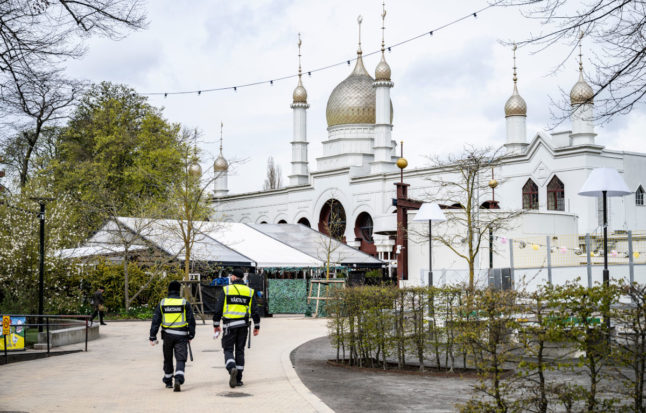Boosted protection for whistleblowers
Sweden implemented part of the EU’s whistleblower directive on December 17th 2021, and the rest will come into force on July 17th 2022. It states among other things that people who report concerns should be given protection against retaliatory measures from their employer.
Tax relief for cyclist commuters
From January 1st, people who get a bicycle from their employer for private use (including commuting to work) will only have to pay tax on any value of the benefit that exceeds 3,000 kronor per year. The new rules apply both to standard bicycles and electric bicycles.
Better mobile reception on trains?
Long-distance train operators will be able to apply for state support to improve mobile phone reception on trains, starting January 1st.
Greater police powers to search buildings
From December 1st 2021 police have greater powers to conduct searches for weapons and explosives in communal spaces or adjacent to apartment buildings. They may do this when there’s believed to be a substantial risk that such weapons may be used for violent crime.
New psychological defence agency
Sweden will in January launch a new public authority focusing on the country’s “psychological defence”. It will be tasked with among other things countering disinformation and boosting public resilience in the face of influence operations.
Gender neutral registration of parents
From January 1st, if the mother who gave birth to a newborn child is married to or the registered partner of a woman, that woman will automatically be considered a parent of the child (rather than the parents having to actively fill in a form to confirm it to the authorities).
The same will apply to parents where one or both have changed their legal gender.
Lower television taxes
Everyone over the age of 18 pays an annual public service fee, which is determined by your income. These revenues have been higher than estimated in the past two years since the fee was introduced, so in 2022 the cap will be lowered to 1,328 kronor.
New fine for littering
From January 1st, an exemption for minor littering offences will be scrapped. This means that people who throw relatively small things such as a cigarette stub, toffee wrapping paper, chewing gum or similar on the ground could get fined 800 kronor.
Bid to encourage university graduates to become teachers
To be introduced in steps from February and July 2022, it will become easier for people with a university degree to retrain to become teachers, to help fill more teaching positions. A pilot project will let these people take a one-year course to become a certified teacher.
Post-Brexit residence status deadline expires
British nationals who were living in Sweden under EU rules before the end of the Brexit transition period have until December 31st 2021 to apply for Swedish residence status.
Those who submit their application before the deadline have the right to stay in Sweden until it has been processed, but those who don’t will effectively be staying in Sweden illegally after this date – unless they have already secured a residence permit in other ways or are able to state a good reason for why they submitted their application late.
To keep up to date with any changes in Sweden’s Covid legislation now or in 2022, make sure you bookmark The Local’s page on the latest news about the pandemic.



 Please whitelist us to continue reading.
Please whitelist us to continue reading.
Member comments